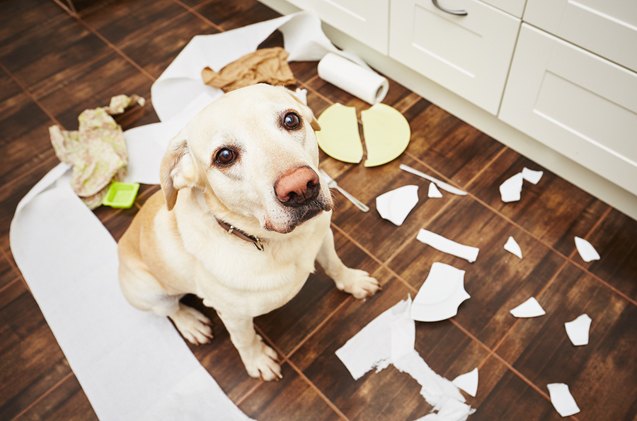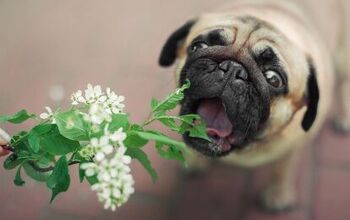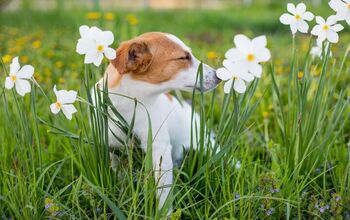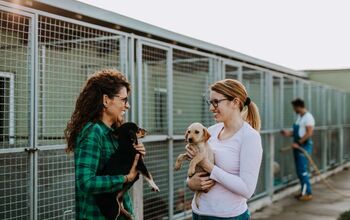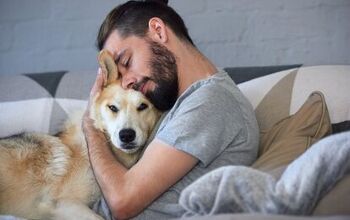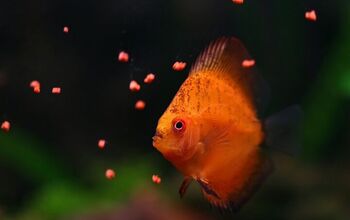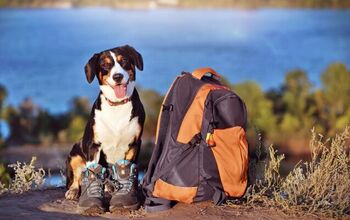Dog Adolescence is Real: What to Expect From the Teen Years

Every dog owner knows that puppies are like children – they have endless energy and a tendency to get into trouble. But once your dog reaches the 12-month mark, those behaviors will disappear, won’t they? Not necessarily. Many dogs go through a period of adolescence similar to the teen years in humans. Keep reading to learn more about what you can expect from your dog during this phase.
Related: 4 Top Tether Training Tips for Dogs
What to Expect During Your Dog’s Teenage Years
When you bring home a new puppy there is a lot of work that you need to do within those first few months. The first three to six months of a puppy’s life are when he is the most impressionable so that is the best time to really work hard with socialization and training.
Socialization and training at a young age will help to ensure that your dog grows up to be a well-adjusted and obedient adult dog. Your dog’s behavior and temperament will begin to stabilize as he approaches his second birthday, but just because your dog comes out of the puppy phase doesn’t mean your work is finished! It takes about two years for small dogs to fully mature and large dogs may take three years or longer. Even after that point, you may find yourself dealing with the challenges of dog adolescence.
Related: 10 Training Tips for Eager Greeters
Every dog is different, but if you question owners who have dogs in the adolescent stage you will notice several themes:
- Breakdown in household etiquette: Just because your dog was housetrained as a puppy doesn’t mean that you can neglect his training – you should continue to praise your dog for doing his business outdoors, even if you don’t reward him each and every time.
- Challenges with training: As your dog gets a little older he may start testing boundaries so you need to maintain a firm and consistent hand in training throughout your dog’s life. You also have to consider that your dog’s interests will change as he gets older – there will be more distractions and demands for his attention when you try to teach him new things.
- Socialization may go downhill: When your dog was a puppy he was eager for new experiences and he navigated through the world with wide-eyed excitement. As your dog gets older and falls into habits it may be harder to socialize him to new things.
- Bite inhibition might decline: When they are young, puppies learn not to bite too hard by playing with their litter mates. As your dog gets older, his jaws get stronger so even a gentle bite could hurt. Maintain your dog’s soft mouth by giving him time to play with other dogs and keep hand-feeding him food and treats.
Dog training is not something that you can do once and then forget about – it is a lifelong endeavor for your dog. In the same way that you experienced changes in your behavior and personality as you got older, so will your dog. The best thing you can do is to start training and socialization as early as possible and then maintain it throughout your dog’s life.

Kate Barrington is the loving owner of two cats (Bagel and Munchkin) and a noisy herd of guinea pigs. Having grown up with golden retrievers, Kate has a great deal of experience with dogs but labels herself a lover of all pets. Having received a Bachelor's degree in English, Kate has combined her love for pets and her passion for writing to create her own freelance writing business, specializing in the pet niche.
More by Kate Barrington



